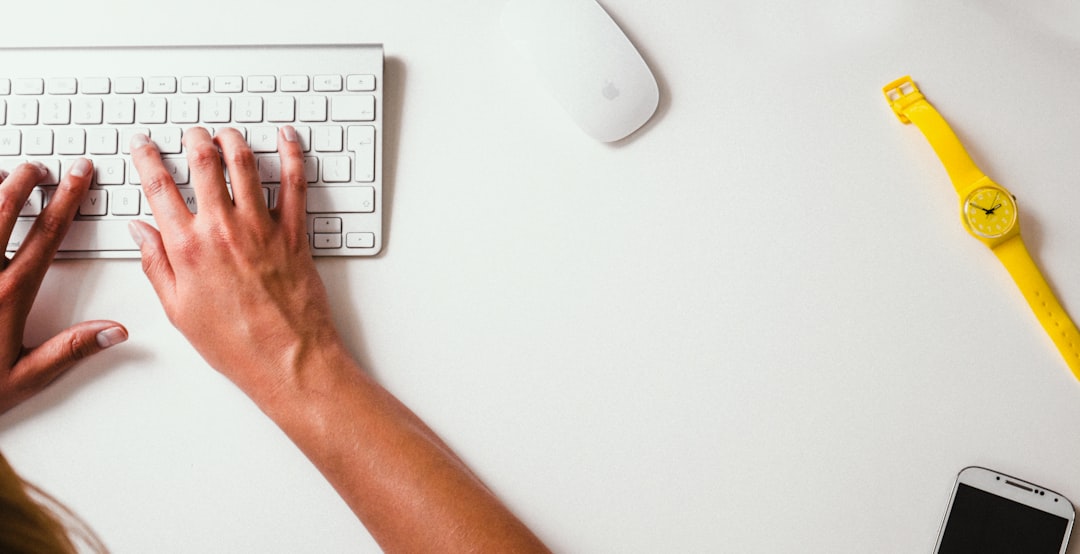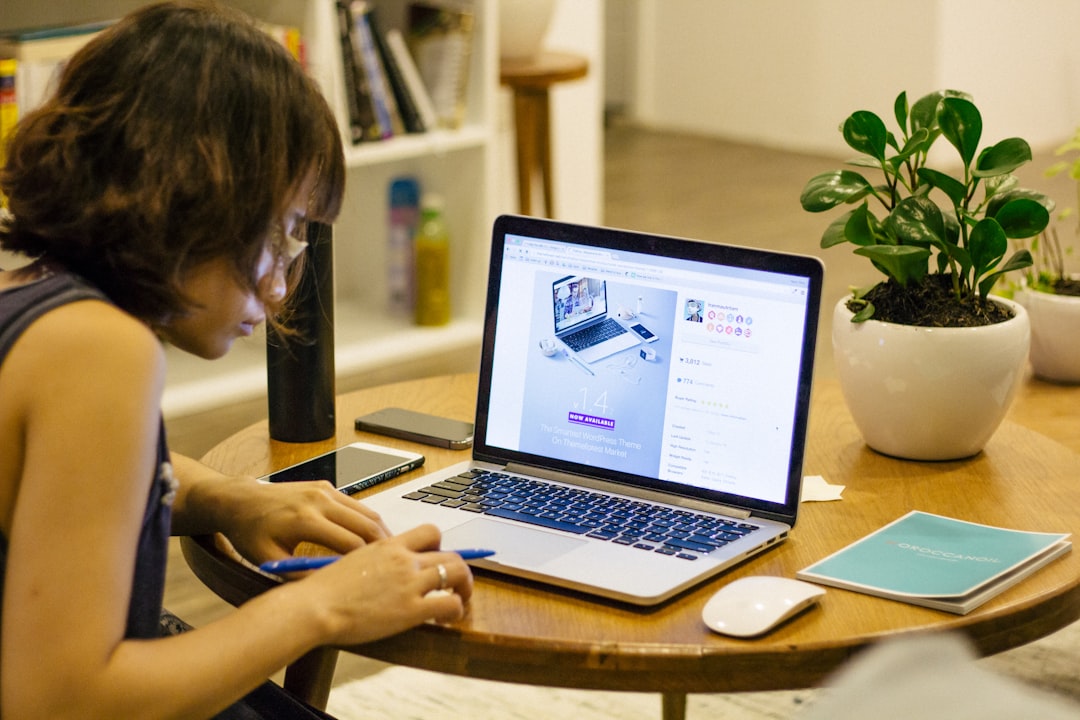Many entrepreneurs have a difficult time managing their finances. Starting your business off right is important, and keeping your finances in check from the beginning will help create a foundation for long-term success. Part of this strategy is creating and maintaining a dedicated bank account for your business.
Before you make any other business decision, take a look below for the four reasons why having a business bank account will take your company to the next level.
1. It Helps You Determine Business Performance
No matter what industry you’re in or what kind of business you’re running, calculating income and expenses to see how profitable you are is essential. With every other responsibility that occupies your time and mental energy, you’ll want to be able to quickly and easily determine whether you’re on the right track.
Having segregated accounts for the business can help you do just that. This is especially true if you’re at a point where you’re making more business transactions than personal ones. The last thing you want to do is sift through your account while trying to remember if a certain transaction is a business or personal expense.
2. It Helps Protect Your Personal Assets
Liability issues are a real threat if you’re a business owner. Let’s say you’ve been sued and you lose that lawsuit. Without the proper protections in place, you risk losing your personal assets in a seizure. Having a separate business bank account adds an extra layer of protection known as the corporate veil and is exactly why business owners go through a lot of paperwork to incorporate their company.
For example: Let’s say your business is going through a financial hardship and has to file for bankruptcy. If your personal and business financials are intertwined at the time, your personal financial history also takes a hit. It doesn’t matter if your business woes have nothing to do with your ability to handle money in your personal life. Your personal credit score will suffer as a result, which can negatively impact your chances of taking out an affordable business loan or a line of credit when you need it.
Additionally, as your business grows and you have more business transactions, drawing clear lines between your personal and business accounts help protect you from having your personal identity stolen. Because a business bank account requires an Employer Identification Number (EIN), you can use that number in business matters instead of your Social Security Number, which lowers the risk of identity theft.
3. It Keeps Uncle Sam Happy
The bigger your business, the more complicated things get come tax time. And if your personal and business transactions come from the same account, the waters get really murky.
That’s doubly true if you’re wading through personal expenses to identify the business ones. In fact, doing so means you’re just asking for trouble: The IRS has stringent rules when it comes to using the money that comes into a business for strictly business purposes. Having separate bank accounts makes it easier for you to prove to the IRS that you’re spending your money on legitimate business expenses, such as paying for supplies or software subscriptions.
On top of that, not having a dedicated account means you risk missing legitimate tax deductions because you put expenses made during personal vacations or on trips to the grocery store on your business account. In the long run, this kind of system costs you more money, lots of time, and it hurts your ability to grow the business.
4. It Improves the Image of Your Business
For the most part, how you spend your money and the money of your business is between you and your bank. But there are times when it will be clear to other people namely, your customers and clients that you aren’t taking your finances seriously.
For instance, let’s say a client wants to pay you with a credit card. How would it look if you weren’t able to accept the credit card payment because you only have a personal bank account? Think about how much business you would lose as customers move on without making a purchase.
Another example is if you try to pay contractors with a personal check because you don’t have a dedicated bank account for the business. This communicates that you’re a freelancer or worse, an amateur not a rising business owner. Making payments with your personal account lacks the tone of professionalism that tells the world that your business is a real one and that it’s here to stay.
The Next Steps
Now that you’re ready to open a business account, take some time to determine what kind of account you need. The U.S. Small Business Administration advises finding a business checking or savings account with low fees and good benefits, such as introductory offers and low to zero transaction fees. Also, keep in mind the monthly minimum fees that are required of your business account, and what the interest rates are for lines of credit in case there is an emergency, or you need extra funds to expand your company in the future.
Certain banks offer services that cater specifically to small businesses and their needs. Some banks have business accounts for high-volume deposits and monthly transactions, while others have low-cost checking accounts or are good for businesses that import or export products.
Once you’ve found your bank, check that you have everything you need to open a business account, such as:
- Your company’s EIN, or federal tax ID number.
- Your business license with the name of your company, and all of the names of its owners.
- The documents you filed with the state, such as a certificate of good standing or any paperwork that shows how your business is structured.
As your business grows, you’ll have more and more responsibilities to deal with. Your bank account should not be one of them.








